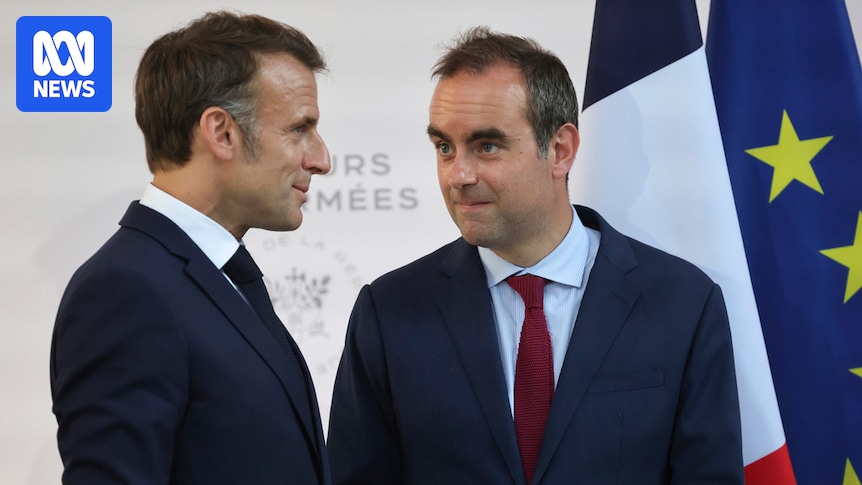
The sudden resignation of France’s prime minister, Sébastien Lecornu, marks the fifth such departure in just two years, placing President Emmanuel Macron in a challenging position. Lecornu stepped down on Monday, a mere 14 hours after unveiling his new cabinet, and less than a month following his appointment. This development adds to the ongoing political instability that has plagued France since Macron dissolved the National Assembly in June 2024, leading to legislative elections that filled the parliament’s lower house with his adversaries.
The announcement comes as France grapples with an unprecedented political drama, leaving many questioning the future of Macron’s leadership and the country’s governance. The rapid turnover in the prime minister’s office has raised concerns about the effectiveness of France’s semi-presidential system and the president’s ability to maintain control over domestic affairs.
A 14-Hour Government Collapse
When Lecornu resigned on Monday morning, he effectively dismantled the new cabinet he had assembled less than 14 hours earlier. Agnès Pannier-Runacher, the newly reappointed Minister for Ecology and one of Macron’s staunch supporters, expressed her frustration on social media, stating, “I despair of this circus.” The abrupt collapse of the government has further damaged Macron’s image, casting doubt on his previously self-proclaimed status as “the master of the clocks.”
Lecornu cited the impossibility of his role as the reason for his resignation. He revealed that three weeks of negotiations with various political parties, unions, and business leaders had failed to secure consensus on France’s top domestic priority: the upcoming budget. This failure underscores the challenges faced by Macron’s administration in navigating a fragmented political landscape.
The French Political System: President and Prime Minister
France operates under a semi-presidential system, where power is shared between the president and the prime minister. The president, elected every five years, appoints the prime minister, who must also gain parliamentary approval. While the president oversees foreign policy and defense, the prime minister is responsible for domestic affairs.
According to Luc Rouban, a political science researcher at Sciences Po University in Paris, Macron is unlikely to resign despite the internal instability. “The central institution remains the president of the Republic … he remains the leader on international affairs,” Rouban noted. This highlights the enduring strength of the presidency, even amidst domestic turmoil.
Challenges of Coalition Building
The snap 2024 legislative elections, called by Macron, resulted in a hung parliament, complicating governance for his centrist camp. The 577-seat National Assembly is divided into three main blocs—left, center, and far-right—none of which hold enough seats to govern independently. Unlike countries such as Germany and the Netherlands, France lacks a tradition of coalition governments, making consensus-building particularly challenging.
Macron’s political opponents, including far-left and far-right factions, have repeatedly united against his prime ministers, despite their ideological differences. This has led to the downfall of several prime ministers, including Gabriel Attal, Michel Barnier, François Bayrou, and now Lecornu. Any successor appointed by Macron may face similar instability.
Potential for Another Dissolution
One option for Macron is to dissolve parliament again, potentially leading to another cycle of legislative elections. However, this move carries significant risks. The far-right National Rally party, led by Marine Le Pen, is currently the largest single party and could emerge victorious, a scenario Macron has long sought to avoid.
Moreover, Macron’s declining popularity could result in a devastating defeat for his centrist camp, further diminishing his influence in parliament. Alternatively, France could continue to experience political deadlock and turmoil, prolonging the current state of uncertainty.
As France navigates this turbulent period, the future of its political landscape remains uncertain. The decisions made in the coming months will have profound implications for Macron’s presidency and the country’s governance. Observers will be closely watching how Macron addresses these challenges and whether he can restore stability to the nation’s political arena.







